DEI Voices: Nessa Maguire - Founder at EudaOrg (Ireland)
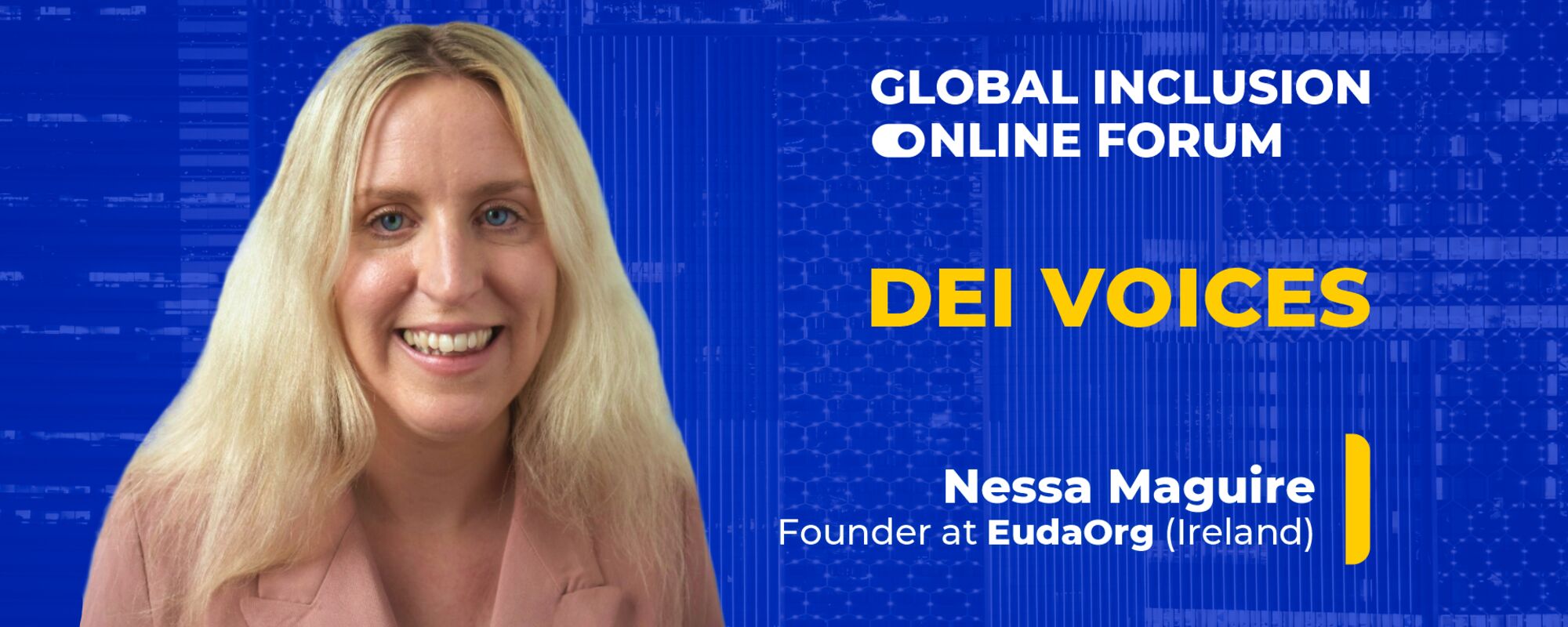
Nessa Maguire, the founder of EudaOrg - an Irish software and consulting startup building purpose-driven technology for diversity, equity and inclusion - has fifteen years of international experience working in DEI therapy, consultancy, and professional development.
Nessa’s experience ranges from working with individuals in therapeutic settings, to consulting with large global NGOs and corporate clients in Europe, Southeast Asia and Australiasia.
The Global Inclusion Online Forum (GIOF) had a chat with Nessa on her DEI journey, and we are happy to share it with our esteemed community of DEI practitioners and advocates.
Q1. As the founder of a startup company, how can small and micro- enterprises entrench DEI practices early within their organization without compromising talent?
What’s great about considering DEI from the start is that you are solving so many potential future problems. As a startup, there is often such a focus on tech debt. However, culture debt can be as corrosive and expensive as tech debt for organisations. There are some simple and free steps a startup can take. We had a culture deck from the start. When you’re overwhelmed with tasks it’s such an important task to prioritise as early as you can. It can also lead to great purposeful conversations about culture among co-founders and early hires. Talent shortage is a real challenge, particularly when you are competing against enterprise organisations.
Yet it is so important to consider diversity in your early hires. While building a DEI Strategy and Action Plans can be challenging for startups, a great resource is the UN Sustainable Development goals. Setting targets against these goals can be a great way to start laying the groundwork for future actions. At EudaOrg we are currently addressing eight SDGs with the goal to address twelve by the end of 2024.
Q2. Technologies such as Artificial Intelligence and Blind Hiring Technologies have been advocated as alternatives to eliminating conscious and unconscious biases in hiring and promotion decisions. As a tech enthusiast, how do you see technology being integrated with DEI efforts for the benefit of the organisation and stakeholders?
At EudaOrg, we believe tech is the missing piece in DEI efforts. DEI professionals know their company best but are missing the tools to manage and report their efforts. Over the last year we have spoken to over 80 DEI professionals from Fortune 500 companies to educational institutions to SMEs. What surprised us the most is that they shared many of the same problems. Most DEI professionals live in various departmental technologies daily and do a lot of manual work across siloed systems. They don’t have a central hub that is specific to their needs. We believe they deserve tools to create the same efficiency other departments have. We’re building the technology infrastructure for DEI to be built on.
We see AI having a great impact across DEI technology, with the caveat that it needs to be implemented ethically and carefully so as not to replicate or create further bias. Some use-cases for AI that EudaOrg is working on, and we see being beneficial for DEI work: creating insights on your DEI related data and AI CoachBots. Our CoachBots will create safe spaces for colleagues to develop confidence in DEI. It will support colleagues to use inclusive language, engage cross cultural colleagues and customers, and to show up as an ally.
Q3. What is DEI therapy? How does it support organisations to achieve their DEI strategies?
DEI Therapy is a service provided by professionals including Psychologists, Coaches, and allied health professionals. Increasingly, these therapists incorporate DEI into their professional practice. When working in Vietnam, I worked with families from many cultures. Our team had to be cognisant of being sensitive to cultural and language differences in our work.
Outside of bringing DEI into your therapeutic practice, DEI Therapy involves supporting individuals to navigate some of the challenges caused by what we call ‘person environment fit’ challenges (environment not being designed for your needs).
An example would be a neurodivergent person requiring support to manage their sensory environment in their workplace. With increasing awareness of ableism in the workplace, there has been a shift over the last few years but there is still a long way to go. A lot of organisations are facing global talent shortages, and initiatives like building neuroinclusive organisations could and should be rolled out in more organisations to address this. Both SAP and HPE have published the benefits of having targeted initiatives to hire more neurodivergent people in their organisation.
Q4. With 15+ years of experience working in the DEI ecosystem across global markets in Europe, Asia and Australia, what DEI initiatives have you spearheaded, and what really stood out to you?
I think my biggest takeaway from 15 years living in other countries across continents is that it is so crucial to not treat people and cultures as homogenous. One of the problems we see in DEI is that in a lot of sectors it is being led from North America or Europe, and lacking nuance in terms of representing their global workforce. This can lead to colleagues feeling they are not seen in DEI efforts or DEI professionals outside of the Head Office feeling their region’s challenges are not being addressed. This is something EudaOrg aims to solve for organisations so that no matter where in the world they are, they can be confident the strategy they have in place is suitable for them.
Personally, I really loved my work in Southeast Asia. Our team was responsible for supporting educational institutions in developing inclusive education policies. That was very rewarding work. I also loved co-authoring the first Industry Report in the BioPharmaChem sector in Ireland where we developed benchmarking data for diversity in the sector, the second biggest in Ireland. I’m a passionate believer in the power of data to drive positive change. At EudaOrg, we are excited to continue growing and evolving with a global perspective.
Q5. The issue of acquiring data for equity and inclusion remains a challenge for many organizations as this data is far less straightforward than the objective statistics of demography and diversity. How does EudaOrg assist organisations to assess, act and efficiently action their DEI goals with KPIs?
Data collection is understandably a big challenge for organisations. Colleagues are concerned what organisations will do with that data and whether providing that sensitive information will lead to real tangible improvements for them. In summary, what’s in it for them. Outside of issues like GDPR, a lot of the problems we’ve seen come from organisations not handling that process sensitively and not following best practice.
For example, they will ask colleagues to provide feedback but don’t communicate the follow-on actions they are taking based on the feedback. If a colleague takes twenty minutes out of their busy schedule to do a pulse survey, there should be follow up. The point of data is to drive action! This action needs to be communicated.
Through consultancy, we support organisations with this full cycle: from building bespoke surveys and analysing data for intersectional insights, to developing communication, writing KPIs and providing resources to achieve these KPIs.
Our software currently allows organisations to assess for maturity across different strategic priorities in minutes, sets KPIs based on this data, and provides them with the resources they need to achieve these KPIs. By the end of the year, it will also allow them to have all their DEI data in one central place and generate reports in minutes. We expect by H2 2024 for the software to replace the consulting work we do. We want to make DEI affordable, sustainable and effective for all organisations.
Q6. Most of the corporate DEI programs in 2020–2023 were focused on increasing black and female representation rates. Reporting improved representation rates of these groups. However, companies tended to overlook other aspects of diversity, as well as equity and inclusion metrics resulting in ‘Diversity Fatigue’. In your professional opinion, how can Chief Diversity Officers - across the globe - manage DEI Fatigue in their organisations, if/when it occurs?
Diversity Fatigue is something we see come up a lot.
DEI is such a tough area to work in emotionally and the people it attracts to work in this sector really care about the results of their efforts. It’s also so important that the important work of DEI doesn’t fall on DEI Teams and minority groups through ERGs. No matter how hard a DEI professional works, the impact will depend on how invested and supportive the leadership team is and the resources they are allocated.
DEI professionals know the importance of building sustainable long-term intersectional change, but it can be difficult to get the buy-in from leaders and their colleagues to focus on aspects outside gender and race. A lot of DEI professionals feel they are not affecting as much change as they want and are experiencing burnout. This is why we are building a community group for DEI workers. The purpose of the group is to provide safe spaces for DEI professionals to share, support, and listen.
As a Positive Psychologist I’m excited to create spaces to support DEI professionals' well-being. To your point on the role of the Chief Diversity Officer, I think it is important to prioritise their team's well-being and recognise the toll the work takes, ensure they are not carrying unnecessary burden for whole organisational change, and finally advocate with Leadership to model and communicate that this is a whole culture effort.
To connect with Nessa Maguire: https://www.linkedin.com/in/nessa-maguire-6b604318b/
#DEIVoices
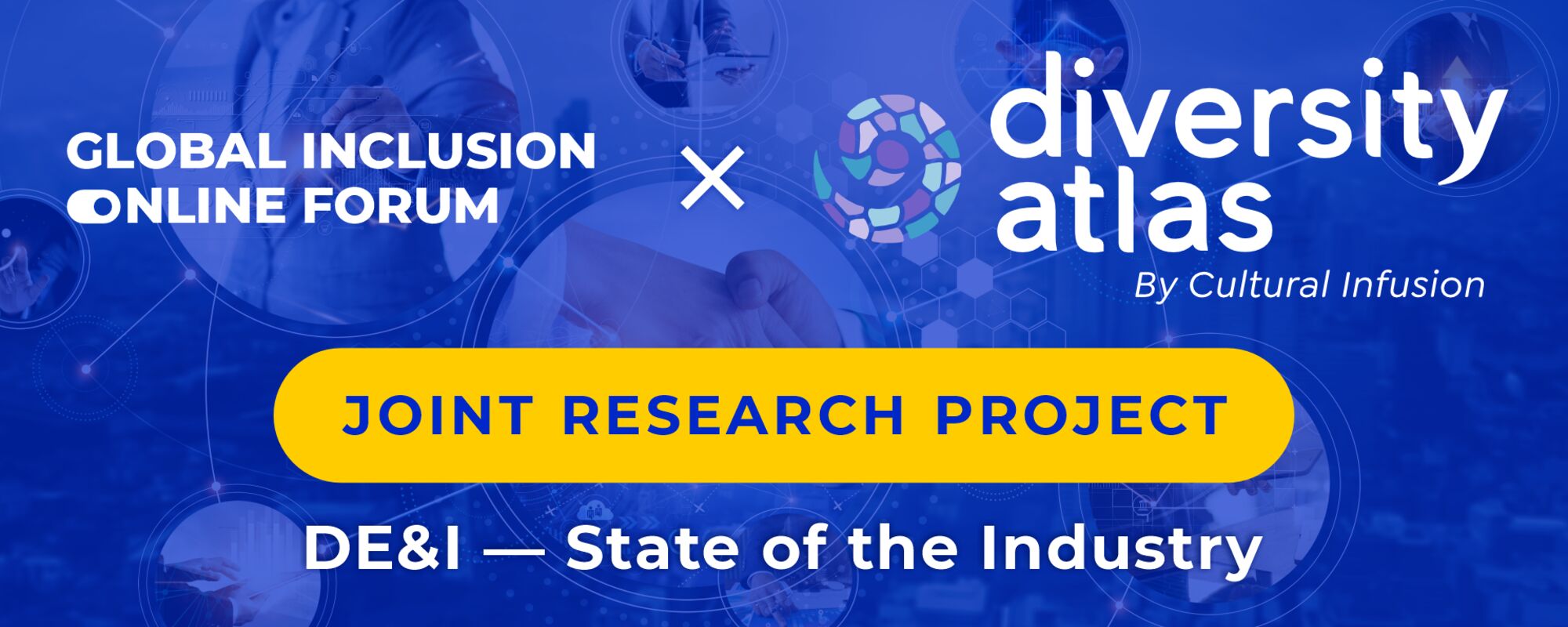
 Blind Hiring Summit: Embracing the New Age of HR
Blind Hiring Summit: Embracing the New Age of HR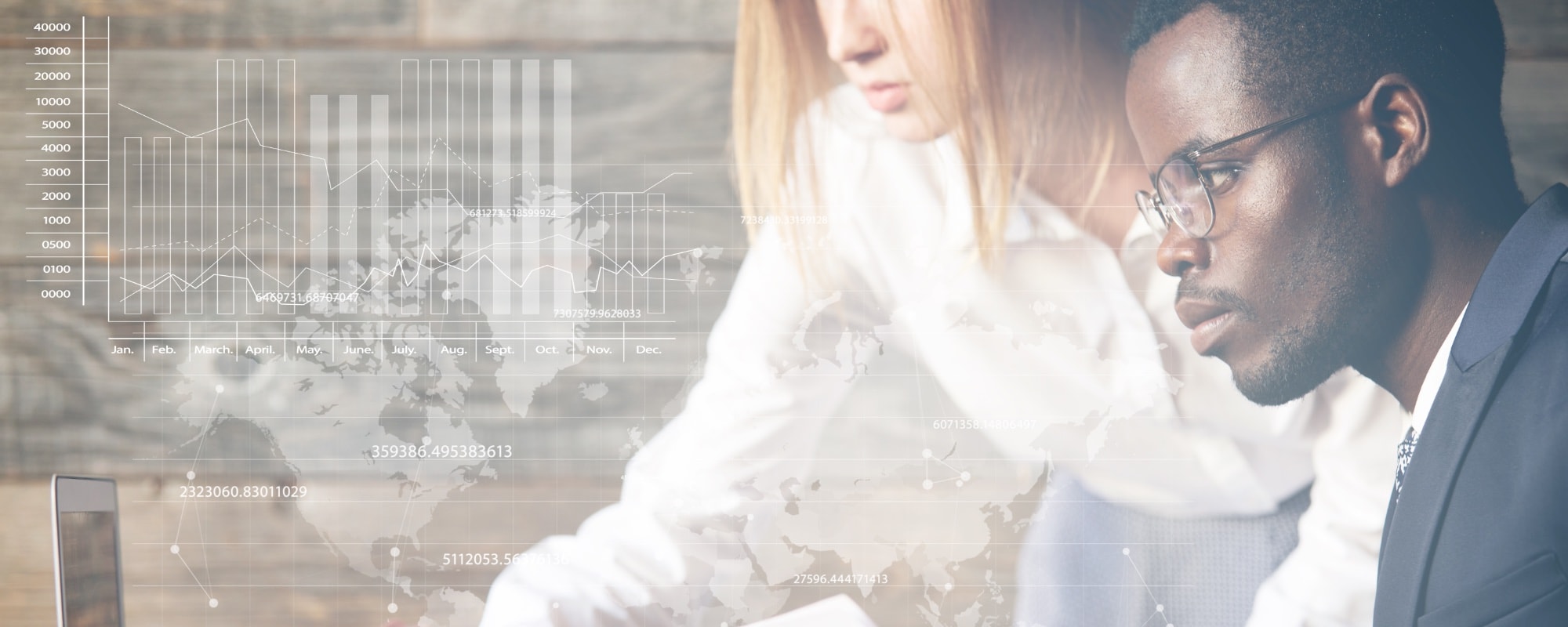 DEI Data Summit
DEI Data Summit Diversity Fatigue Summit
Diversity Fatigue Summit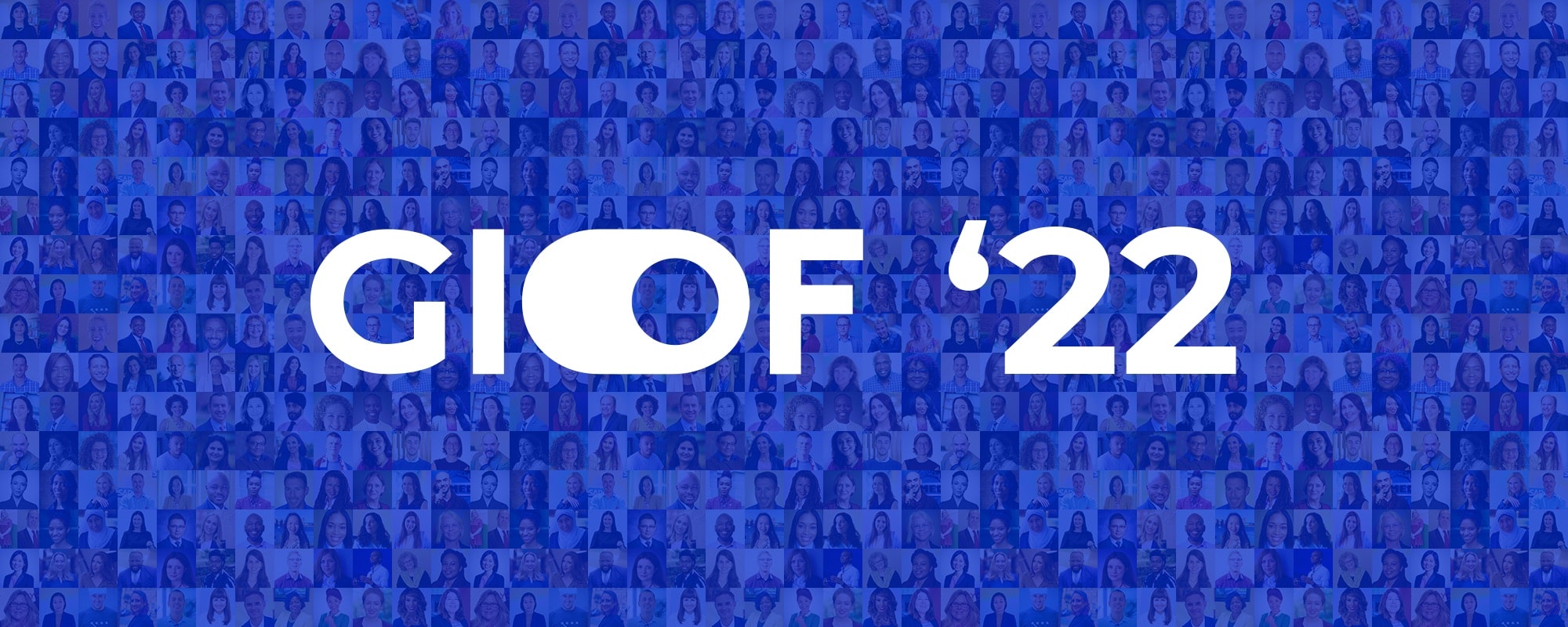 GIOF 2022 Annual Meeting
GIOF 2022 Annual Meeting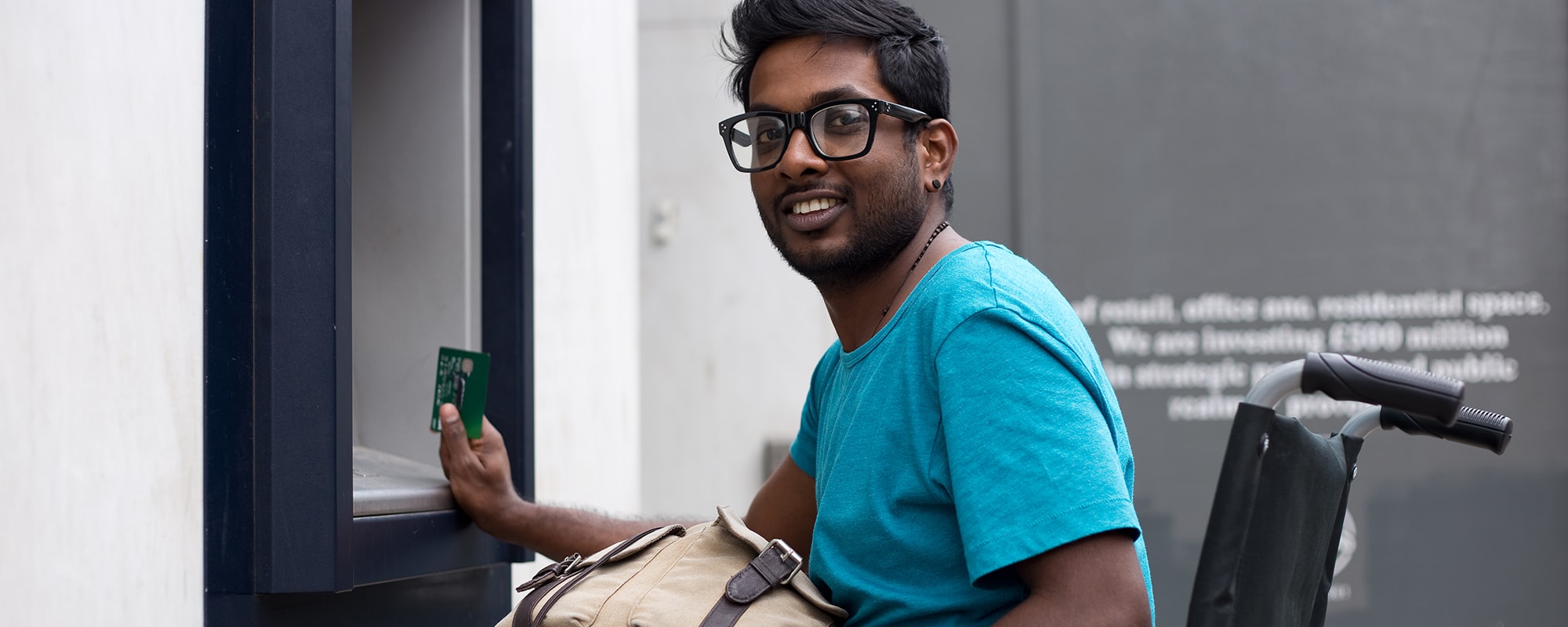 Banking for everyone: Arising accessibility trends in banking and financial services
Banking for everyone: Arising accessibility trends in banking and financial services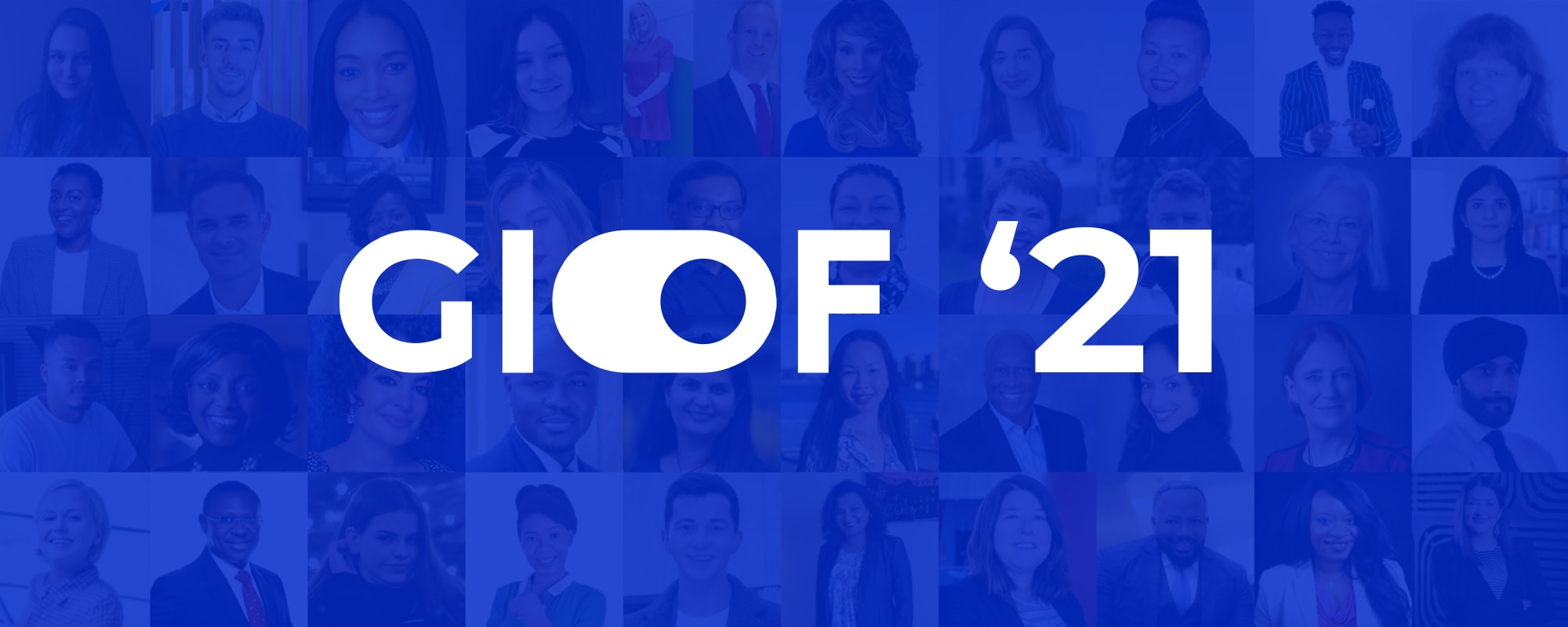 GIOF 2021
GIOF 2021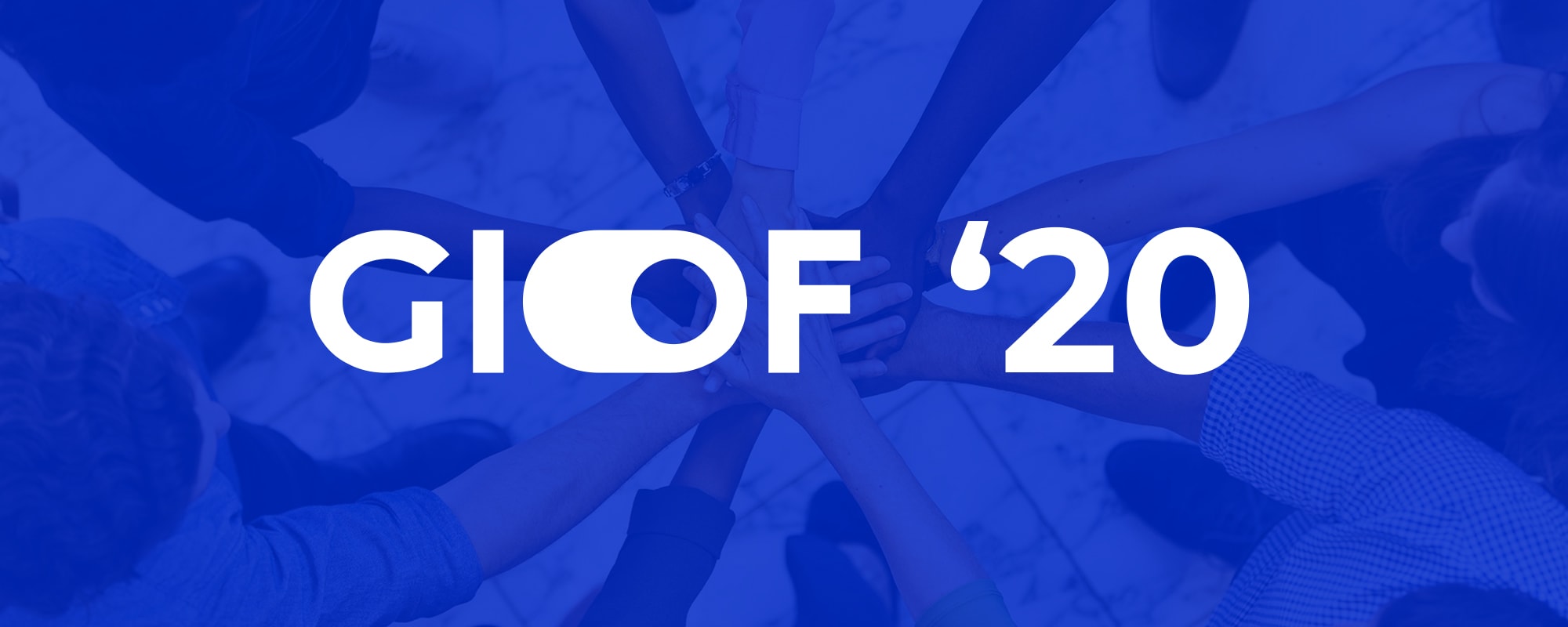 GIOF 2020
GIOF 2020